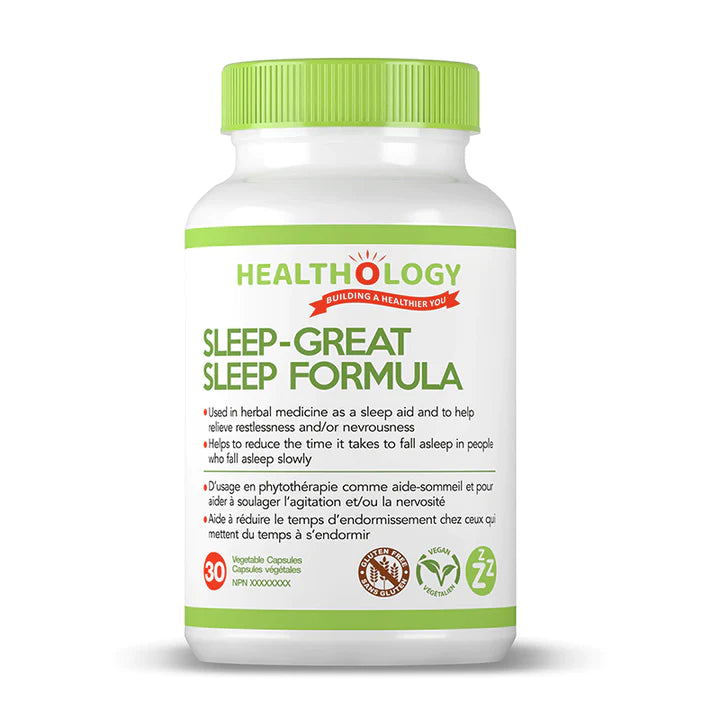- Set a bedtime: What is your ideal number of hours of sleep per night? Your ideal number should be between six and eight hours. What time do you need to wake up to start your day? Use these parameters to set a bedtime and stick to it whenever possible.
- Develop a bedtime routine: Turn off all electronics and screens for 30 minutes before your bedtime. Instead find a quiet bedtime routine: get ready for bed, spend time with family, meditate, journal, or read a book. Light from our screens significantly inhibit melatonin production14, so I suggest giving your body a 30-minute head-start where you engage in calming, screen-free activities before you get into bed.
- Protect your relationship with your mattress: When you tuck yourself into bed, your body should know, “this is where we sleep”. If you watch tv, work, or even read in bed, your relationship with the mattress can become broken, and that signal to sleep in that space is lost. Keep other activities outside the bedroom, even reading before bed should be done on or near bed, not in bed, to help re-connect your body with the idea that “this is where we sleep”.
- Sleep in a dark room: Even a small amount of light inhibits our natural melatonin production14. I suggest using a sleep mask nightly to block out ambient light. It takes a few weeks to get used to but stick with it! A mask will also help to re-program your relationship with your mattress, as mentioned above.
- Balance blood sugar: Eating sweet snacks or simple carbs before bed can spike our blood sugar, making it difficult to fall asleep, and causing us to wake up when our blood sugar crashes during the night. Limit snacking after dinner, but if you do reach for a snack, focus on high protein and low sugar snacks such as nuts or unsweetened nut butters.
- Limit caffeine, nicotine and alcohol: Avoid caffeine, even lightly caffeinated beverages like green tea, after 3:00pm if you experience insomnia. Nicotine dependence causes waking about four hours after your last exposure, so smoking and vaping cessation helps us to sleep through the night. Alcohol may help us fall asleep but prevents us from achieving a deep sleep, so avoiding alcohol is important for waking up feeling well-rested.
- No napping: Napping is for babies, toddlers, pregnancy, breastfeeding, and the elderly. Napping might help you feel energized to get through your day, but it undermines getting a deep, restful sleep at night.
- Additional screening: Insomnia and fatigue may be indications that another health concern should be addressed. Start with blood work to assess thyroid health and anemia, a sleep study to look for sleep apnea and other sleep disorders, and address underlying concerns like anxiety, depression, frequent urination, and chronic pain.
We should aim for six to eight hours of deep, restful sleep per night. Sleeplessness can be improved by developing a consistent bedtime routine where we avoid screens, sleep in a dark room, avoid stimulants, and keep blood sugar balanced. From time to time, we benefit from additional support to re-set our sleep cycle and achieve a deeper sleep.
SLEEP-GREAT regulates our circadian rhythm through enhancing the brain’s natural hormonal pathways. It assists with falling asleep easily, staying asleep, and achieving a deep restful sleep. SLEEP-GREAT is effective without causing the grogginess or poor sleep quality of sedative treatments. It improves both sleep quantity and quality of sleep, allowing you to wake-up feeling refreshed and rejuvenated every day.
References
- Chaput JP, Wong SL, Michaud I. Duration and quality of sleep among Canadians aged 17-79. Statistics Canada. Sep 20, 2017. Available at: https://www150.statcan.gc.ca/n1/pub/82-003-x/2017009/article/54857-eng.htm
- Purves D, Augustine GJ, Fitzpatrick D, et al., editors. Neuroscience. 2nd edition. Sunderland (MA): Sinauer Associates; 2001. Stages of Sleep.
- Besedovsky L, Lange T, Born J. Sleep and immune function. Pflugers Arch. 2012;463(1):121–137.
- Costello RB, Lentino CV, Boyd CC, et al. The effectiveness of melatonin for promoting healthy sleep: a rapid evidence assessment of the literature. Nutr J. 2014;13:106.
- Hidese S, Ogawa S, Ota M, et al. Effects of L-Theanine Administration on Stress-Related Symptoms and Cognitive Functions in Healthy Adults: A Randomized Controlled Trial. Nutrients. 2019;11(10):2362.
- Richard DM, Dawes MA, Mathias CW, Acheson A, Hill-Kapturczak N, Dougherty DM. L-Tryptophan: Basic Metabolic Functions, Behavioral Research and Therapeutic Indications. Int J Tryptophan Res. 2009;2:45–60.
- Byun JI, Shin YY, Chung SE, Shin WC. Safety and Efficacy of Gamma-Aminobutyric Acid from Fermented Rice Germ in Patients with Insomnia Symptoms: A Randomized, Double-Blind Trial. J Clin Neurol. 2018;14(3):291–295.
- Birdsall TC. 5-Hydroxytryptophan: a clinically-effective serotonin precursor. Altern Med Rev. 1998;3(4):271–280.
- Jeon SJ, Park HJ, Gao Q, et al. Ursolic acid enhances pentobarbital-induced sleeping behaviors via GABAergic neurotransmission in mice. Eur J Pharmacol. 2015;762:443–448.
- Bent S, Padula A, Moore D, Patterson M, Mehling W. Valerian for sleep: a systematic review and meta-analysis. Am J Med. 2006;119(12):1005–1012.
- Awad R, Arnason JT, Trudeau V, et al. Phytochemical and biological analysis of skullcap (Scutellaria lateriflora L.): a medicinal plant with anxiolytic properties. Phytomedicine. 2003;10(8):640–649.
- Kim M, Lim HS, Lee HH, Kim TH. Role Identification of Passiflora Incarnata Linnaeus: A Mini Review. J Menopausal Med. 2017;23(3):156–159.
- Szopa A, Ekiert R, Ekiert H. Current knowledge of Schisandra chinensis(Turcz.) Baill. (Chinese magnolia vine) as a medicinal plant species: a review on the bioactive components, pharmacological properties, analytical and biotechnological studies. Phytochem Rev. 2017;16(2):195–218.
- West KE, Jablonski MR, Warfield B, Cecil KS, James M, Ayers MA, et al. Blue light from light-emitting diodes elicits a dose-dependent suppression of melatonin in humans. J Appl Physiol. 2011;110:619–626.




